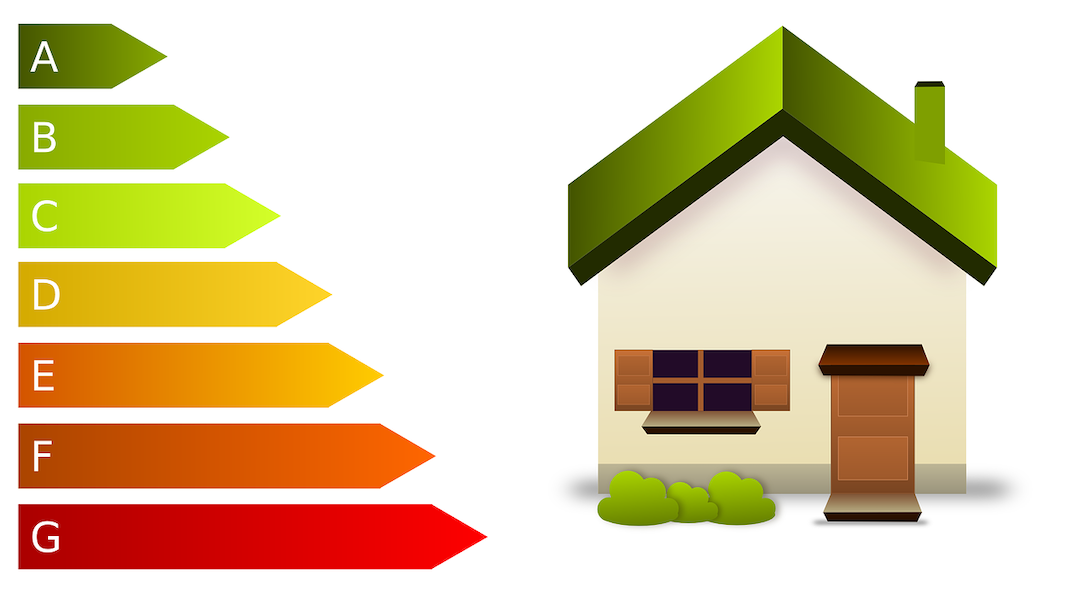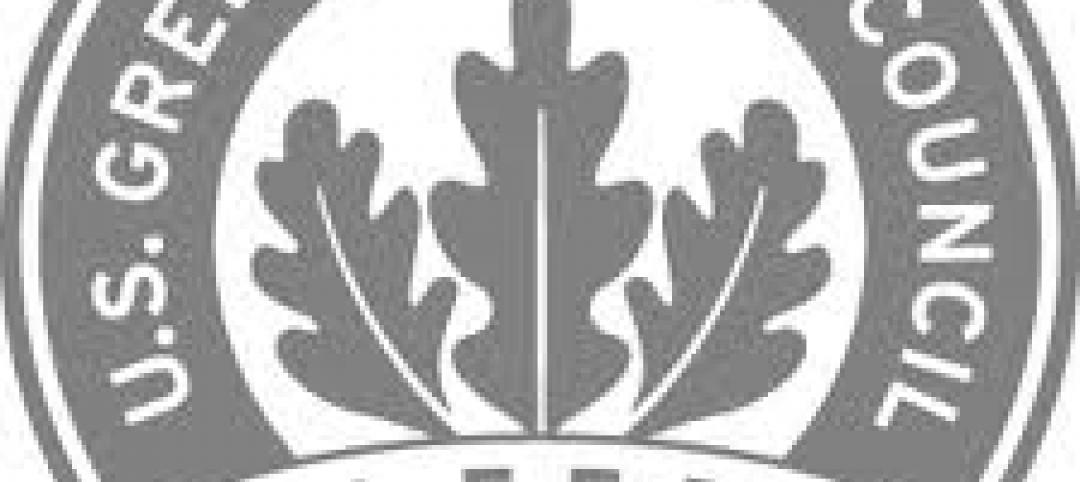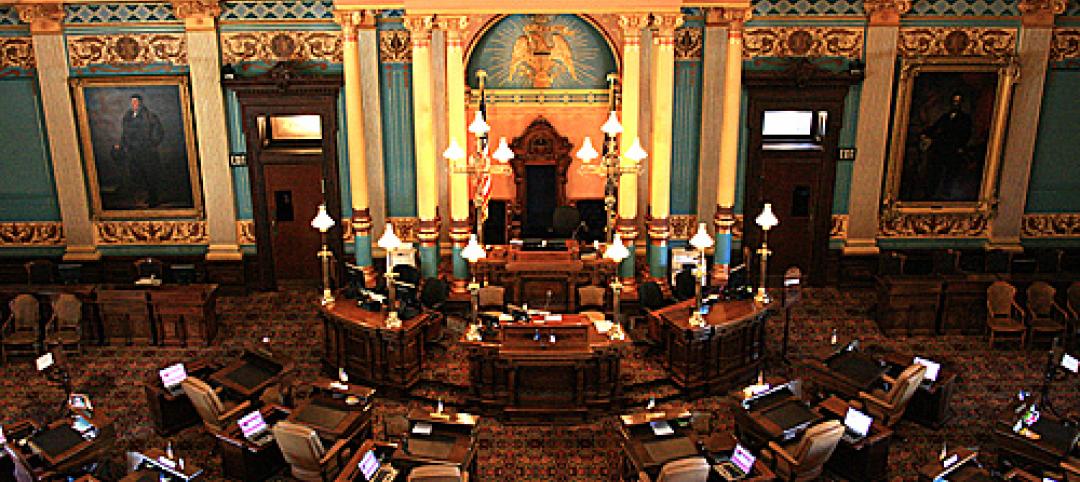Recent findings from the Better Buildings Partnership raise serious questions about the efficacy of energy efficiency ratings used in the United Kingdom.
The study found that buildings that have received the highest rating—an A Energy Performance Certificate—use more energy than some of their peers rated C, D, E, or F. The analysis of self-reported energy data in 2020 for more than 1,100 commercial properties found that the median energy intensity for all B-rated buildings is higher than for C-rated buildings.
The disparity between how buildings are designed and their actual greenhouse gas emissions is widespread in the U.K. The findings are in line with past evidence that green building certifications based on predicted energy use don’t necessarily translate to energy savings in the field.
Some studies have found that LEED certification yields better energy efficiency, but others have found that certified buildings use more energy than non-certified buildings. The U.S. Green Building Council maintains that its own research shows certified buildings are overall more efficient.
Part of the explanation for the disparity between ratings systems and real-world results could be due to the limitation of assessments that only predict potential energy efficiency. In practice, building management systems may not be set up or used properly. In addition, people sometimes undo the efficiency design by bringing fans into buildings or installing additional air conditioners.
Related Stories
| Jun 14, 2012
AGC, other business groups oppose hiring rules for disabled
Business groups have asked the U.S. Department of Labor to reconsider a proposed hiring quota aimed at federal contractors pertaining to people with disabilities.
| Jun 5, 2012
HP Labs aims for net-zero energy data centers
Building sustainable data centers is one of the goals of HP Labs, and it believes technology, combined with the right building techniques, could result in the construction of energy-efficient data centers.
| Jun 5, 2012
USGBC delays LEED 2012; renames it LEED v4
In response to concerns by LEED users, the U.S. Green Building Council (USGBC) announced that it will delay the ballot on LEED 2012 until June 1, 2013.
| Jun 5, 2012
Baltimore officials vow to block $1.8 billion urban renewal project
Baltimore officials want to block a $1.8 billion urban renewal project until more neighborhood residents and minority contractors are hired and displaced residents can benefit from the revitalization.
| Jun 5, 2012
OSHA launches campaign to warn of heat dangers in outdoor work
The Occupational Safety and Health Administration has begun a campaign to warn outdoor workers about the dangers of heat exposure.
| Jun 5, 2012
AGC’s Safety and Health Conference focuses on regulations, legislation
More than 150 industry professionals and other attendees will participate in the Associated General Contractors of America’s (AGC’s) safety and health conference July 11-13 in Washington, D.C.
| Jun 1, 2012
New BD+C University Course on Insulated Metal Panels available
By completing this course, you earn 1.0 HSW/SD AIA Learning Units.
| May 31, 2012
Proposed change in Michigan’s building code would hurt innovation, say critics
Legislation pending before the Michigan Senate would change the law that calls for building codes to be updated every three years to require an update only every six years.














